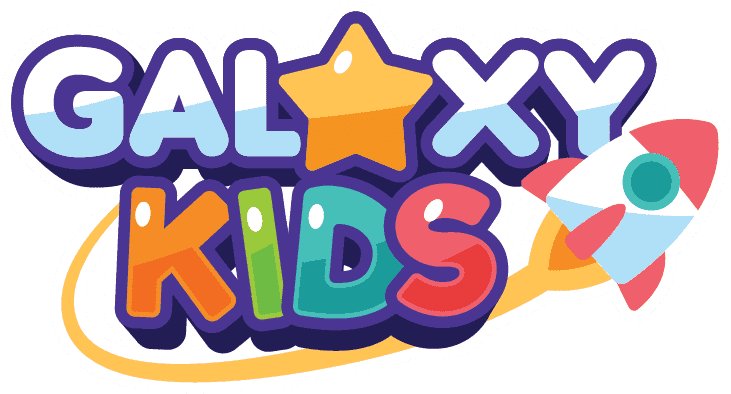
Asia is one of the continents with the most non-native English speakers. An English proficiency report by Human Resources Online reveals that Singapore has the highest proficiency, with a score of 611, followed by the Philippines (562) and Malaysia (547). Meanwhile, Thailand, Myanmar, and Tajikistan are at the bottom of the list, with scores in the 300 to 400 range.
No matter the skill or proficiency level, there is always room for improvement in English. One way both practised and beginning learners can enhance their skills is through digital technologies. This is especially true for children, who are more inclined towards using digital devices in this modern age. On that note, here are some digital technologies that are helping English learners.
Educational Videos
Watching videos is a nearly effortless method to learn. All the student has to do is pay attention to and remember what the video says and shows. Educational videos are highly suitable for students who need visual cues and audio to absorb information. Take the YouTube channel ‘Rock N Learn’ which gets children’s attention through colourful graphics and bold text. It has introductory English videos that teach the alphabet and correct spelling. The channel breaks its lessons into short, focused episodes, so watchers absorb and retain information more effectively.
Another channel, ‘ Ms Rachel’, is hosted by a teacher who creates lessons on proper word enunciation. Her bubbly personality keeps kids engaged, while her slow-paced and in-depth enunciation exercises ensure that even toddlers can pick up the lessons. Overall, educational videos hold children’s attention as they learn English.
Audiobooks
An audiobook is a recording of a narration of a book. English learning audiobooks benefit children by helping them know the proper pronunciation of words without visual cues. This helps with their conversational skills by improving their abilities to listen to and pronounce English words. The audiobook ‘101 Conversations in Simple English’ by Olly Richards improves children’s spoken English skills by using real-world conversations. It contains numerous conversations in simple English, helping kids learn how it’s spoken in casual and everyday situations, such as when buying food from the market. Apart from spelling and grammar, English proficiency also includes speaking abilities. For those who want to expand beyond the audiobook he has his own StoryLearning Podcast show. This covers every aspect of language learning for beginners to a new language.
‘English Spelling and Grammar for Kids’ is another audiobook that assists English learners. Its lessons emphasise correct spelling and pronunciation of three-letter words, enhancing children’s vocabulary and communication skills. Audiobooks are great for English learners who prefer listening as a learning method.
Learning Apps
Most children use apps as they typically provide entertainment. Fortunately, English-learning apps do the same. Our app Galaxy Kids helps children practise English using AI technology. Animated characters—powered by AI—speak to the app user, making it seem like they’re conversing with another English-speaking person. Over 400 lessons and 2000 activities are available, so kids aged 3-8 are never bored doing the same thing.
Meanwhile, Lingokids may work better with older children. It features interactive learning activities that make children feel like they’re playing a game or singing a song when they’re actually picking up English skills along the way. Some of the activities it provides are spelling, reading, and letter recognition exercises. Overall, learning apps appeal to children’s interest in digital devices while teaching them valuable English lessons.
Video Games
Games have gone beyond providing fun—they’re also a source of knowledge. Video games are interactive, encouraging children to act and make decisions according to their abilities. For one, ‘Cooking Mama’ gives written and spoken instructions for the player to complete tasks, testing children’s ability to follow English instructions. Meanwhile, ‘Endless Alphabet’ is a mobile video game for beginners. It helps young children memorise the alphabet and learn vocabulary words through meeting lively and colourful characters. Ultimately, video games are an entertaining and engaging way for English learners to gain knowledge.
Digital technologies, including educational videos, audiobooks, learning apps, and video games, help English learners build their skills. Try our suggestions above to help your children and students improve their English proficiency.
exclusively written for galaxykids.ai By Mila Todd

